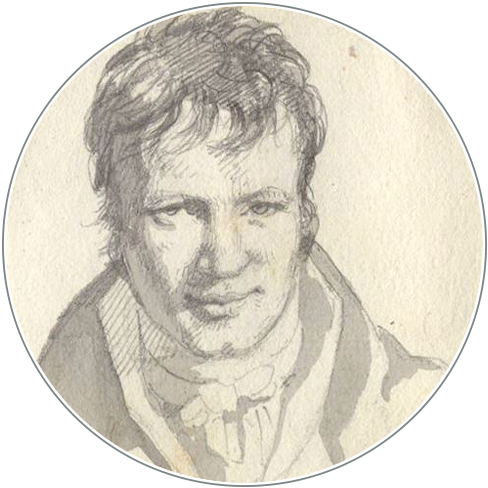A pioneer of Literary Aesthetics?
Humboldtian Writing in the Mirror of Modern Ecopoetics
DOI :
https://doi.org/10.18443/391Mots-clés :
Humboldtian Writing, Ecopoetics, Nature Aesthetics, Cartesian Divide, Ecological ConsciousnessRésumé
L’article examine dans quelle mesure Alexander von Humboldt peut être considéré comme un précurseur de l’écopoésie moderne. Humboldt a combiné la compréhension scientifique et empirique avec une verbalisation esthétiquement sophistiquée des écosystèmes et des relations entre l’homme et la nature. De cette manière, il a créé des représentations de la nature uniques et exigeantes sur le plan littéraire. Les écrits de Humboldt montrent un lien profond avec la nature, qui va au-delà de la simple description et qui établit une relation existentielle avec le monde. Son approche, qui consiste à esthétiser la nature sans l’instrumentaliser, pourrait ouvrir une alternative à la séparation cartésienne entre l’homme et la nature d’une part, et aux concepts identitaires de localisation dans la nature d’autre part. L’article discute de l’importance de l’œuvre de Humboldt pour l’écopoésie moderne.

Téléchargements
Publiée
Comment citer
Numéro
Rubrique
Licence
(c) Tous droits réservés Markus Alexander Lenz 2025

Ce travail est disponible sous licence Creative Commons Attribution - Pas d’Utilisation Commerciale 4.0 International.
Les droits des articles envoyés restent la propriété de leurs auteurs et sont publiées sous la licence Creative Commons-Lizenz (CC BY-NC 4.0). Tous les auteurs publiant dans le HiN doivent accepter ce modèle de licence.
Les auteurs doivent eux-mêmes s’occuper de l’obtention des droits d’auteur pour les images utilisées.
Les divers éléments de la mise en page et du design de la revue sont protégés et ne peuvent être récupérés et réutilisés dans d’autres publications sans autorisation préalable de la part de HiN.









